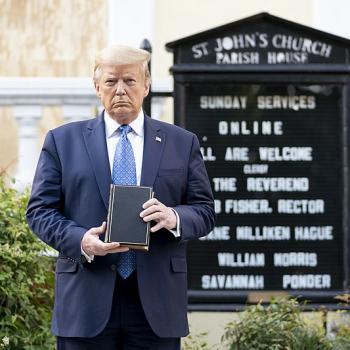The United States Supreme Court announced earlier today that it will hear two cases concerning gay marriage.
Whenever a case makes its way to the Supreme Court, the court decides whether or not it will hear the case or let the lower court ruling stand. In these two cases concerning the federal Defense of Marriage Act and Proposition 8, which was a ban on gay marriage that passed in California a few years ago, the Supreme Court has decided that it will hold hearings on the cases and issue a ruling of its own.
While many people are already second-guessing what the Court might do regarding these two laws, I don’t think that’s particularly useful. The Court has always been unpredictable and could be this time, as well. We will have to wait and see what ruling they hand down later this year.
A Yahoo News article concerning today’s announcement reads in part:
The Supreme Court announced Friday that it will decide two major gay marriage cases next year that could have a sweeping impact on the rights of same-sex couples to wed. The cases, which likely won’t be decided until June, mark the first time the justices will consider arguments for and against same-sex marriage.
The court will review California’s gay marriage ban, which passed in a 2008 ballot initiative months after the California’s high court had legalized same sex unions and thousands of gay Californians had already tied the knot. Two federal courts have struck down Prop. 8 as discriminatory, leaving the Supreme Court to render a final judgment.
The justices will also hear a challenge to the federal Defense of Marriage Act, a law passed under President Bill Clinton that prevents the federal government from recognizing gay marriages. Windsor v. United States was brought by Edith Windsor, a resident of New York who paid $363,000 in estate taxes after her wife died because the federal government did not recognize their marriage. New York is one of nine states (and the District of Columbia) where gay marriage is legal, so Windsor argues that the federal government is discriminating against her by not recognizing her state-sanctioned marriage.
The Obama administration decided last year to no longer defend the Defense of Marriage Act, so Congress has hired outside counsel to argue on behalf of the law. Recently, two federal appeals courts had struck down the law as unconstitutional, virtually requiring the Supreme Court to take the case to settle the dispute between the courts and Congress. (Read more here.)












